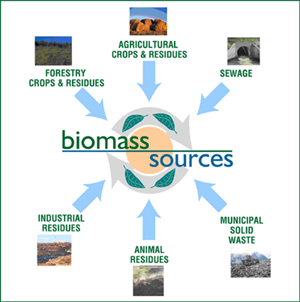Biomass: Destructive or Beneficial?
< < Go Back
 Environmentalism has become a popular view in modern America. Most Americans are familiar with the idea of recycling and have a general concern for keeping the environment clean.
Environmentalism has become a popular view in modern America. Most Americans are familiar with the idea of recycling and have a general concern for keeping the environment clean.
One of the ideas being considered to increase the use of alternative energy fuels that don’t emit as much carbon emissions is biomass energy (wood, twigs, dung, etc.). However, modern scientists believe this would do more harm than good to the environment because it could diminish biodiversity, over-extract water, make food more expensive and potentially increase carbon emissions to a larger extent, says Bjørn Lomborg, director of the Copenhagen Consensus Center.
Biomass energy advocates are proposing an immense global campaign to cut down and burn trees to reduce fossil fuel.
It could create astronomical problems monetarily and environmentally.
Germany alone spends over $3 billion annually for the production of biomass fuels, meaning they spend $167 per ton of avoided carbon emissions, which is more than 37 times the cost of carbon reductions.
The United States embraced biofuels 10 years ago with the start of ethanol production. As a result, the United States uses 40 percent of its maize to put into ethanol car fuel, which is costing more than $17 billion in subsidies and has increased food prices.
Read More:



